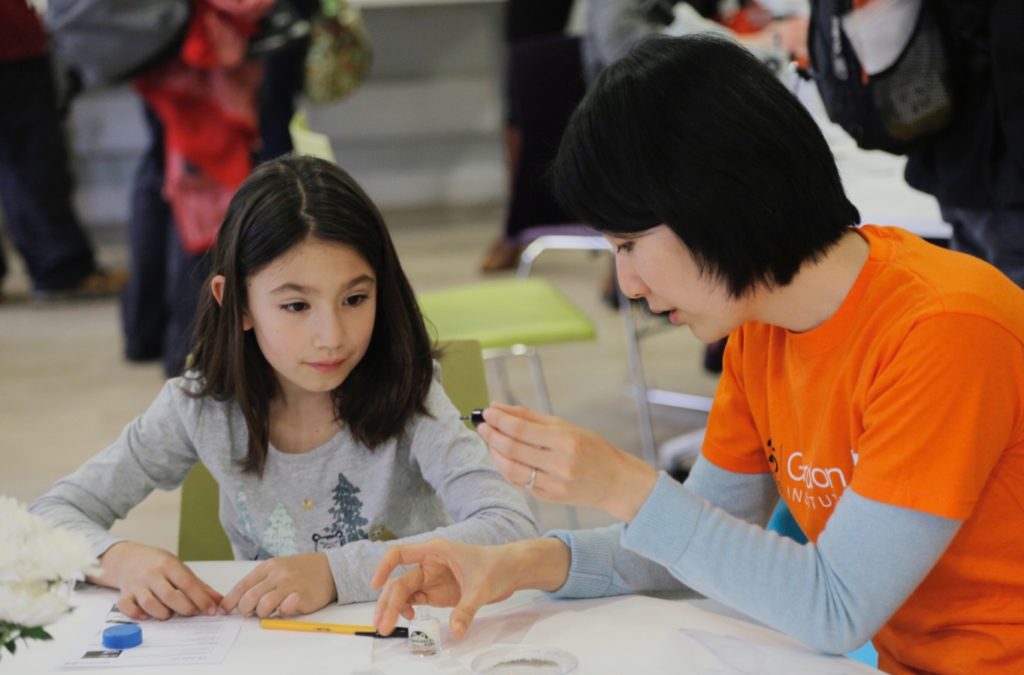A tale of two HUSH complexes: defending cells against invading retroelements
July 15, 2024
Read more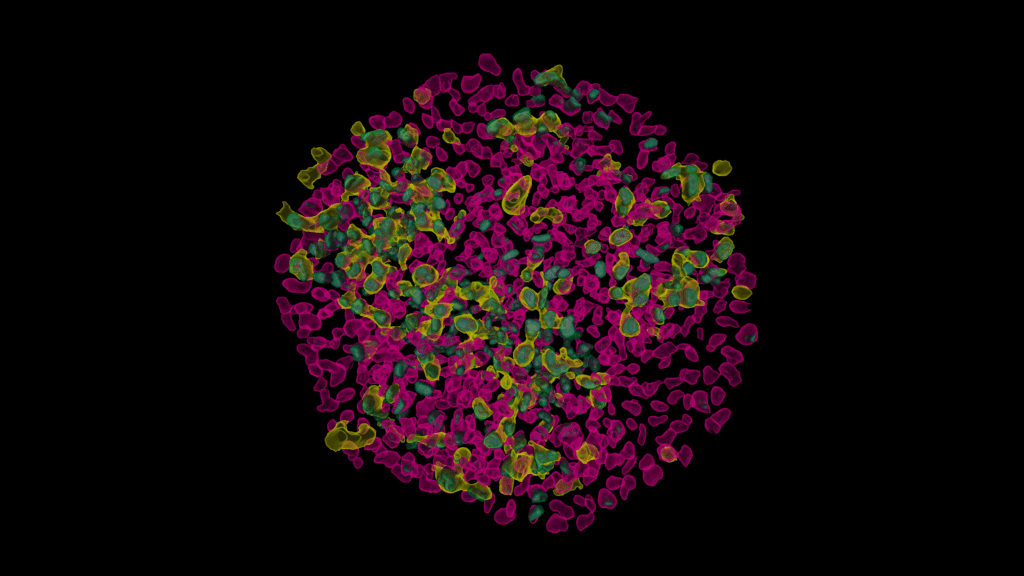
3D reconstruction of fluorescent signal in a 2D-gastruloid model from hESCs cultured on circular micropatterns by Theresa Gross-Thebing (Surani lab) and Sargon Gross-Thebing (Imaging Facility)

July 15, 2024
Read more

June 16, 2024
Read moreOur mission is to understand the fundamental mechanisms of normal development, to determine how these mechanisms are subverted in cancer and other diseases, and to use this knowledge to develop new therapies.
The Institute is embedded within the University of Cambridge, with superb infrastructure core-funded by Wellcome and Cancer Research UK. Our location facilitates interactions across the University as well as with the vibrant technical hub of Silicon Fen.

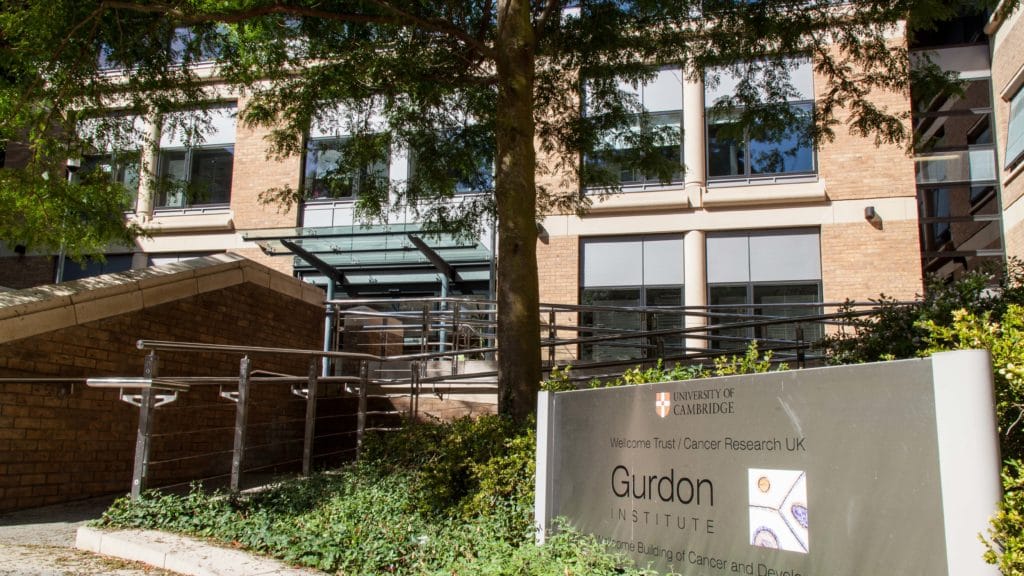
Our 16 research groups address mechanisms that underlie development and disease through work in humans, model organisms, organoids and cell systems. We employ state-of-the-art technologies such as super-resolution imaging, single-cell analyses, genome engineering, genomics and computer modelling.
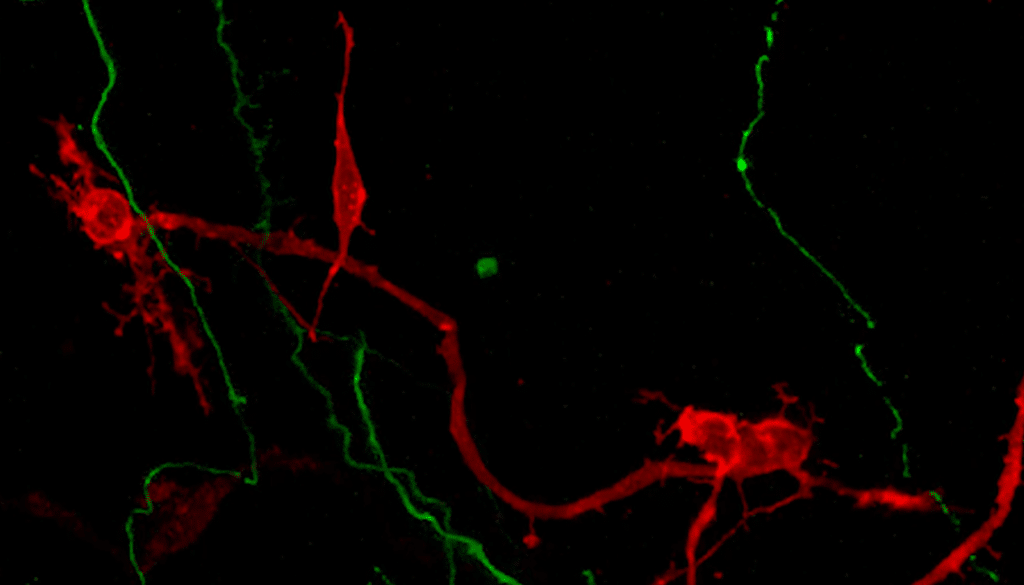
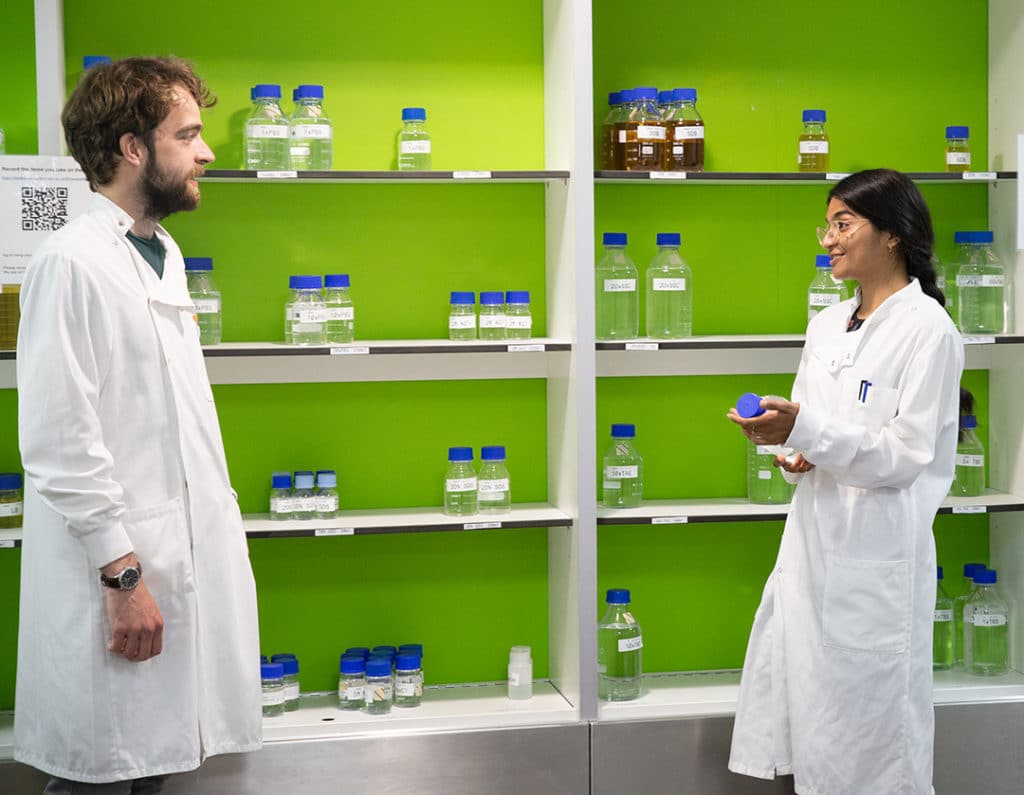
The Institute is a thriving and diverse community where everyone’s contribution is important to achieving our goals.
Our group leaders, many of whom have collected numerous international awards, make important discoveries and seminal contributions in their field. We train postgraduates and postdocs, and are proud that our alumni include over 220 new group leaders pursuing exciting science around the world.
Many of our core support staff, from technical to administrative roles, have been with us for over a decade and the whole team is as committed as our researchers to their work.
The Gurdon Institute is committed to making our fundamental biological research accessible and responsive to the public for the mutual benefits of inspiration, knowledge exchange and trust.
The Institute was granted a Silver Engage Watermark award from the National Co-ordinating Centre for Public Engagement (NCCPE), recognising our strategic support for Public Engagement and our continued commitment to innovate and develop our programme and further embed public engagement in our research culture.
